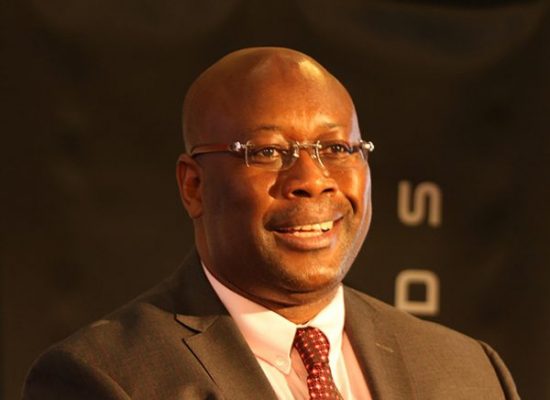Zimbabwe faces stiff competition from other jurisdictions for fast declining direct foreign investment (FDI) into the development of hydrocarbons (oil and gas), a top industry expert has warned.
As such, the country needs to expedite the processes of developing an attractive domestic petroleum development regime to stand a chance to attract the little investment that remains into the oil and gas sector.
This comes as Invictus Energy, which is listed on the Australia Stock Exchange (ASX) and currently exploring for oil and gas in Muzarabani intends to start drilling the first test wells in April next year.
Oil and gas are strategically important to Zimbabwe’s prospects of building a US$12 billion industry by 2023, from US$3.2 billion in 2017, with the sector expected to contribute US$1 billion to the target.
Mines and Mining Development Minister Winston Chitando said with Invictus Energy now at advanced stages of exploration, Government had since signed a petroleum exploration development and production agreement (PEDPA).
“The oil company has entered into a production sharing agreement (PSA) with the Republic of Zimbabwe with an intention to make significant investment in exploration and production of petroleum and natural gas in the country,” Chitando told delegates attending the Chamber of Mines of Zimbabwe annual indaba at Elephant Hills in Victoria Falls.
However, the minister said, there was still need to quantify the resources, although estimates are the area holds 9,25 trillion cubic feet of liquids rich and 294 barrels oil condensate, essentially a light oil.
Brent Barber, technical director at Invictus Energy, said evidence gathered from preliminary evidence of refined data collected by French oil giant Mobil in the early 1990s, had shown strong evidence of potential existence of oil and gas deposits.
Dual qualified oil and gas lawyer and partner at Africa focused ASAFO Co. Nicolas Bonnefoy told the ongoing Chamber of Mines of Zimbabwe annual Indaba, via virtual connection from his base in England, that Zimbabwe needed to quickly develop an attractive oil and gas regime. He said oil and gas had no industry leaders; once a single investor enters a jurisdiction everybody goes in stampeding, meaning it is critically important to make the right first impressions.
Bonnefoy said Zimbabwe could afford another two to three years without a refined hydro-carbons development regimen that can compare to global best practices.
He said from 2014 to 2020, global investment dedicated to oil and gas had gone down by about 50 percent amid growing calls for reduction of carbon emissions and growing agitation to switch towards renewable energy sources.
“In this context, countries with the most attractive regimes will have a chance to secure investment. We need (Zimbabwe’s) oil and gas regime to be the best to attract investment” Bonnefoy said.
Oil and gas companies have also reportedly reduced investment into exploration by 20 percent, as the push towards renewables continues to gather momentum.
Bonnefoy said energy transition was a dream that is happening, as the world moves to renewable energy in the decades to come. “ The fact is there is need to act now. Oil and gas regime needs to be implemented sooner than later,” he said.
“The energy mix will change in the coming decades when energy comes from renewables. You are facing significant competition, there is a huge race to attract the trickle of investment left,” he said.
Bonnefoy said investors in the sector look at attractiveness of the geology, mining sector tax and legal regimes before committing millions of their hard earned funds.
Without an attractive package centering around geology, tax and legal regimes, for commercial deposits of oil and gas, Bonnefoy said investors easily opt for other destinations.
As such, an hydro carbons regime is looked at in terms of its structure, which is provided for through the Constitution, regulations, contracts while it must have stability and flexibility.
A good and attractive hydro carbons regime must also be balanced, in terms of investor and government interests, be able to be monetised, have a degree of independence from hurdles from discovery up to the point of cash generation.
Additionally, an attractive regime must also have clear and fair mechanisms for the sharing of or from the revenues while the mining regime must be enforceable at all times.




